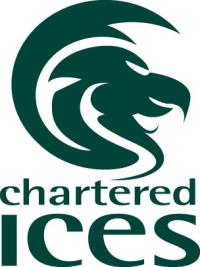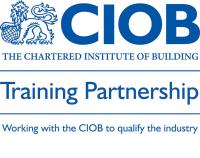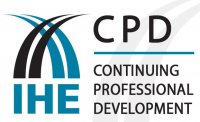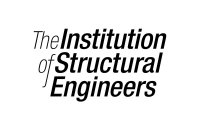Overview:
Many employers' offices are becoming increasingly multi-disciplinary. This course explains the routes to technical professional qualifications for those with non-engineering degrees or non-standard backgrounds.
There is now no bar to becoming professionally qualified - no matter the "academic" starting point. The time needed to achieve the goal will vary, dependent upon existing qualification "mixes".
Aims & Objectives:
To explain how those, without an initial degrees in Civil Engineering, can aspire to both Full and Associate Professional Membership of Institutions.
Routes are described for those who aspire to become Full Civil Engineers, seeking IEng or CEng qualifications, but who do not have Civil Engineering degrees. Routes are also described for those who are valued members of the Civil Engineering Team, but who will not become Full Civil Engineers. Typically, these will be specialists, who may seek other Charterships such as CEnv, CGeol, or CSci. All can be accommodated in the Institution's technical training, and qualifications exist that are appropriate for them, and recognise their contribution to the Team.
On completion of the course, delegates will be confident of the route to the appropriate qualification to enhance their career opportunities.
Course Outline:
- An obvious essential is a clear understanding of the needs of each "client"
- 'Conventional' IEng and CEng approach to Review
- 'Conventional' Eng Tech approach to Review
- Technical Report Route approach to CEng, IEng, and EngTech
- The "MICE without EC(UK) accreditation" qualification
- The "new" AMICE qualification
- Chartered Environmentalist qualification
- ICE Registers - Health Safety and Welfare; Security Engineers; Project and Programme Managers
- Time, Resources and Costs/budgets management towards qualifications
- What constitutes a Successful Outcome for the Organisation?
- Clear grasp of the various steps in a well managed and effective IPD Scheme
- Detailed appreciation of the "Attributes" and their importance
- Mentoring and the characteristics of a good mentor
- Work Breakdown Structure
- Briefing individuals on appropriate qualification paths
- Attributes and/or other preparation needs
- Training Plan and managing an effective schedule
- Training (CPD) Records
- Regular liaison with The Trainer
- Annual Review - identifying the Employee's readiness for Prof Review
- Minimizing the preparation period to Professional Review
- Developing an effective logging system, Monitoring mile-stones
- Best Practice Advice
- Completion of Application for Professional Review - The Reports et al
- Preparation for Review
- Post-Project Appraisal
Mode of Delivery:
Tutor presentation interspersed - as appropriate - with group and individual exercises, and exemplars.
Intended For:
- Members of the Civil Engineering Team who do not have an initial degrees in Civil Engineering
- Those seeking CEng MICE, IEng MICE, MICE or AMICE and/or CEnv
- A refresher for existing staff seeking qualifications, and/or those needing to enhance the level of their current qualifications








